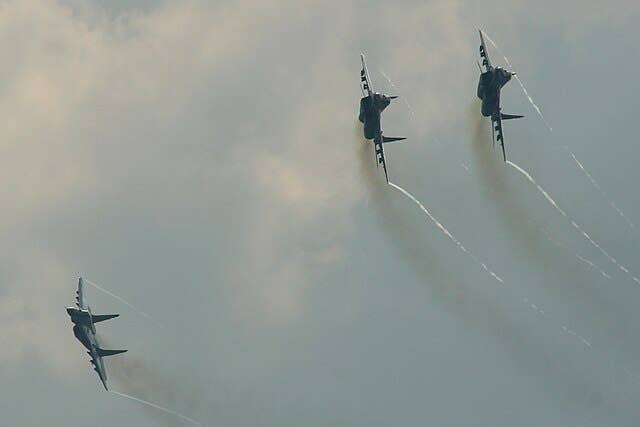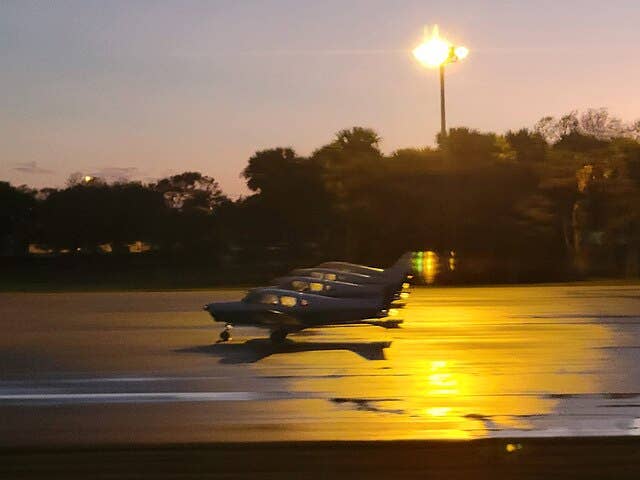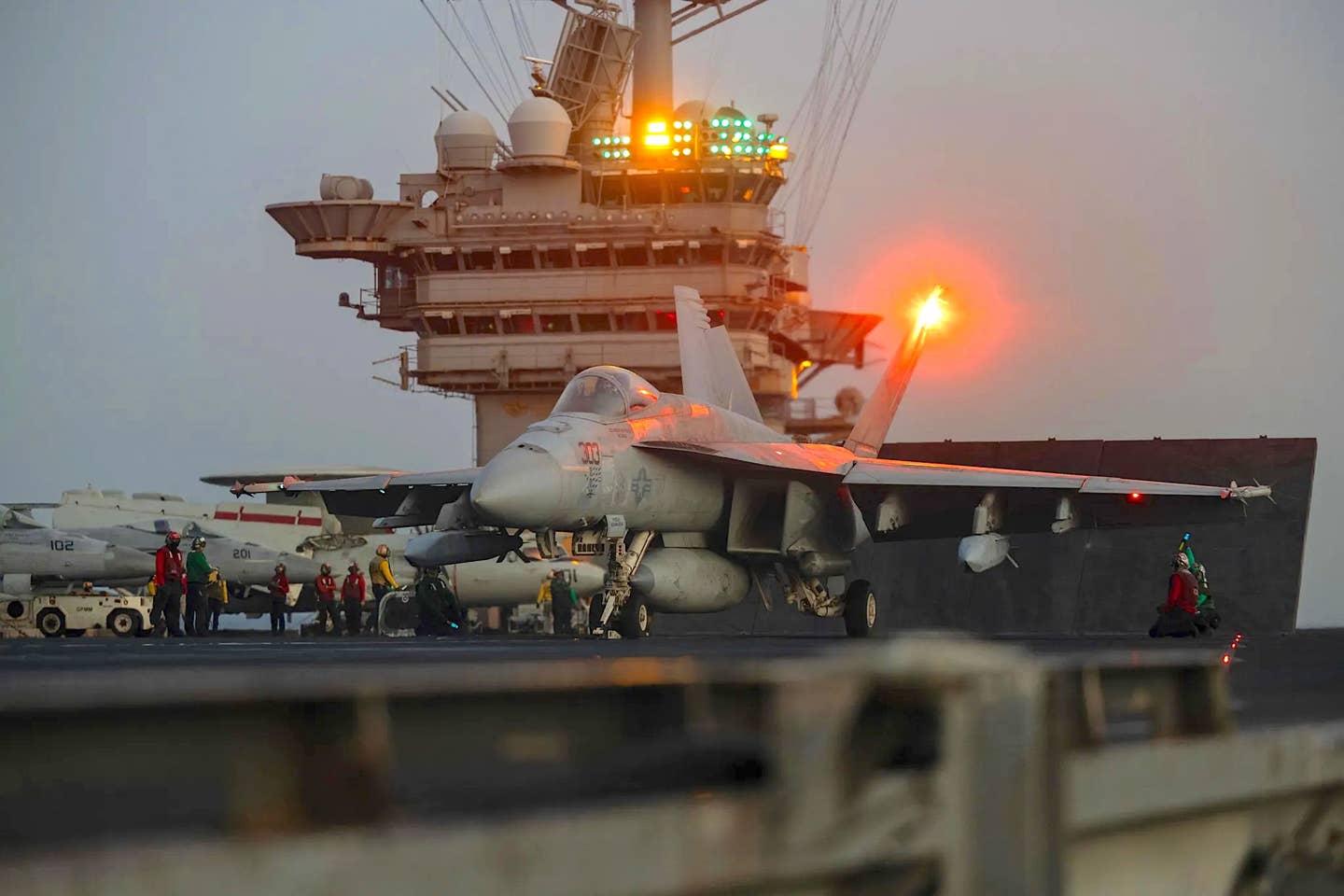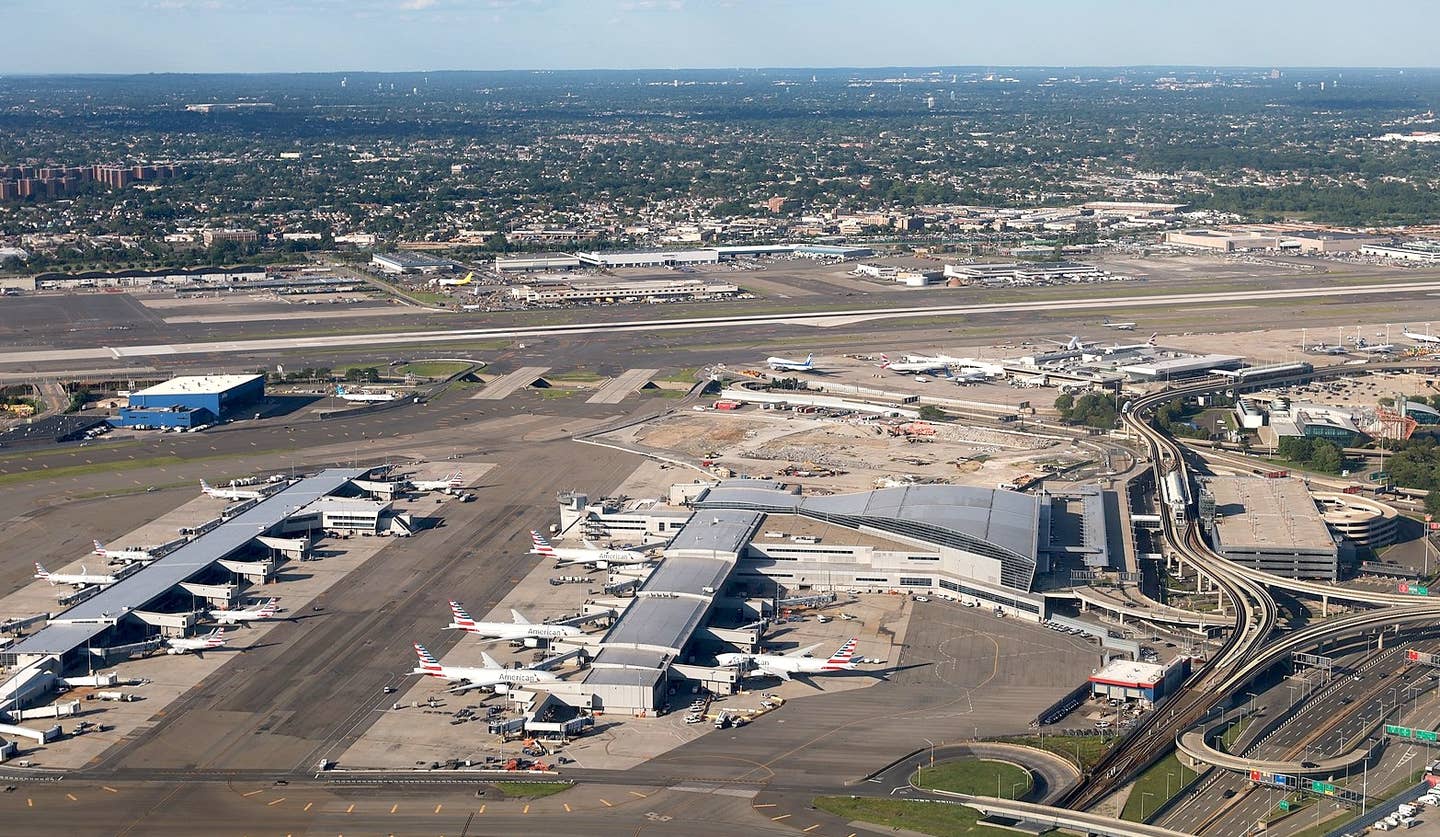Opinions Differ On Pilot Shortage
The world’s biggest pilots’ union says there’s no pilot shortage, just a shortage of management skills to deploy them. The Air Line Pilots Association has created a webpage in which…

The world’s biggest pilots’ union says there’s no pilot shortage, just a shortage of management skills to deploy them. The Air Line Pilots Association has created a webpage in which it contends there is actually a surplus of pilots. “So, although we don’t have a pilot shortage, we do have a shortage of airline executives willing to stand by their business decisions to cut air service and be upfront about their intentions to skirt safety rules and hire inexperienced workers for less pay,” the ALPA page says. It also says some airlines prepared better for the post-pandemic recovery and those that didn’t are the ones canceling flights and facing pilot protests.
Meanwhile, airlines themselves are at odds over whether there’s a shortage. Forbes gathered up CEO statements on the issue from earnings calls and Spirit CEO Ted Christie seemed bullish on the pilot pipeline even though his airline is cutting flights and citing the shortage. “We anticipate you could interpret that data to suggest it will probably be closer to what you’ve experienced in the past,” Christie said. “Supply and demand will work itself out over that period of time.” United CEO Scott Kirby had a polar opposite view. “The pilot shortage is real, at least for the next five years. “Most airlines will not be able to realize their capacity plans because there simply aren’t enough pilots, at least not for the next five years,” he said. Kirby said airlines need 13,000 pilots a year and output is now no more than 7,000.






